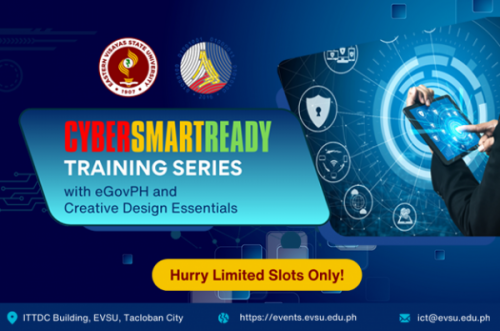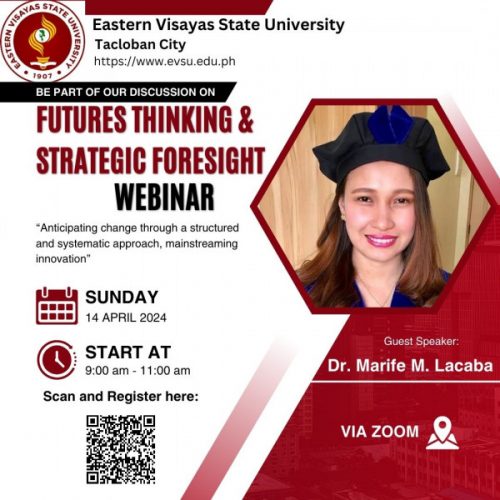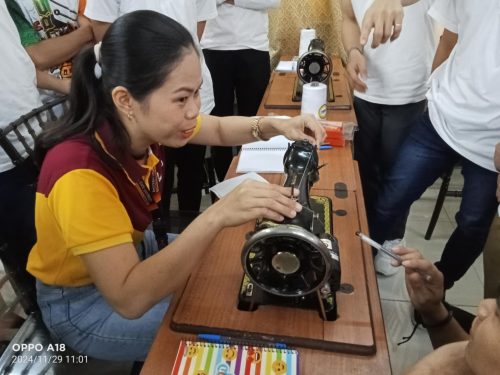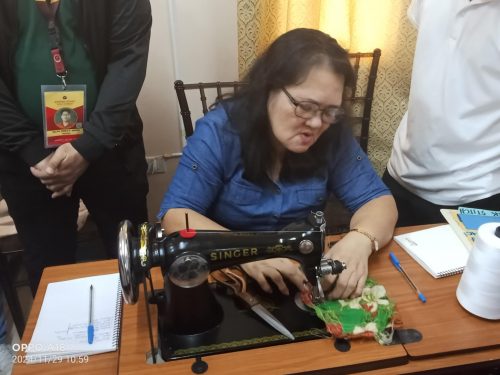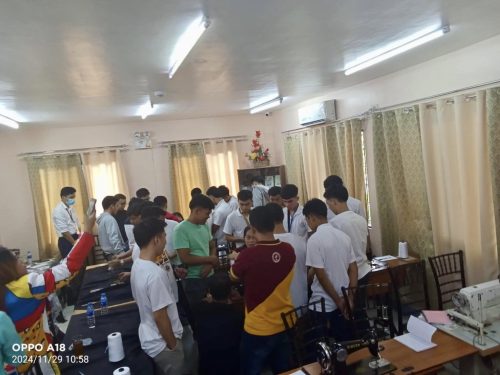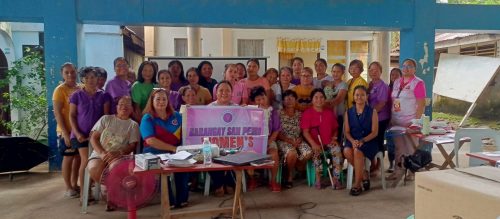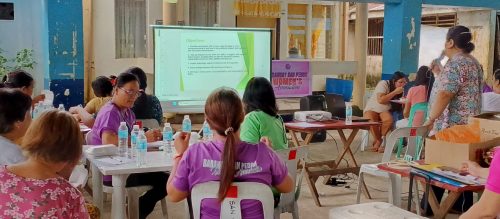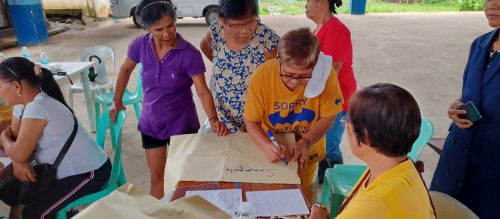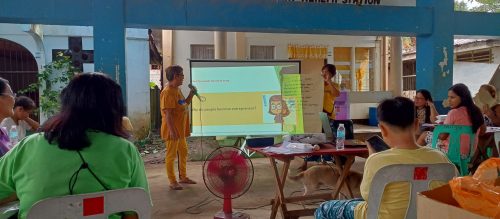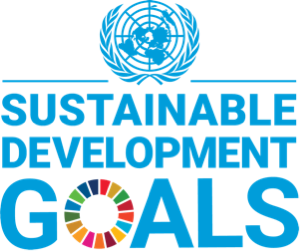Eastern Visayas State University (EVSU) continues to expand its educational mission beyond the classroom, demonstrating a steadfast commitment to community empowerment through the Sustainable Development Goals (SDGs). Throughout 2024, the University launched and sustained diverse initiatives that promote inclusive learning, digital literacy, and livelihood development—reaching local residents, alumni, vulnerable sectors, and displaced individuals. These efforts reflect EVSU’s belief that achieving the 2030 Agenda for Sustainable Development requires a whole-of-community approach anchored in education, innovation, and resilience.
A key component of EVSU’s 2024 outreach strategy focused on bridging the digital divide and promoting lifelong learning. By leveraging technology and online platforms, the University transformed into a “Cloud Campus,” offering flexible and accessible educational opportunities for all.
Through a series of free public webinars, EVSU provided community members with future-ready knowledge and practical skills. Among these were “Science, Technology, and Innovation: Providing Solutions, Opening Opportunities” held in August 2024, which highlighted how technological advancements can address local challenges and create livelihood opportunities; “Youth Leaders as Digital Citizens: Balancing Responsibilities and Ethics”, which promoted responsible online behavior and ethical digital citizenship among young leaders; the “CyberSmartReady” initiative conducted in partnership with the Department of Information and Communications Technology (DICT) Region 8 in May 2024, which enhanced participants’ digital literacy and cybersecurity awareness; and “Futures Thinking and Strategic Foresight”, which introduced participants to proactive planning and scenario-based decision-making for future challenges. These digital initiatives not only broadened the University’s reach but also fostered a culture of lifelong learning, advancing both SDG 4 (Quality Education) and SDG 9 (Industry, Innovation, and Infrastructure).
Beyond virtual learning, EVSU also strengthened its commitment to inclusive education through targeted vocational training programs that support vulnerable groups. A notable initiative was implemented by the EVSU Tanauan Campus, which partnered with the Department of Social Welfare and Development (DSWD) in November 2024 to conduct the “Simple Sewing and Tote Bag Making Training” for Children in Conflict with the Law (CICL). This hands-on training promoted rehabilitation and livelihood development by equipping participants with practical skills for social reintegration and economic self-sufficiency. The initiative directly supported SDG 1 (No Poverty) and SDG 4 (Quality Education), reflecting EVSU’s inclusive approach to sustainable human development.
Equally significant is the University’s strong network of strategic partnerships with local government units (LGUs), community associations such as the Tacloban Federation of Senior Citizens Association, and various grassroots organizations. Through these collaborations, EVSU has been able to design and implement community-based extension programs that respond to the needs of marginalized sectors, including women, Indigenous Peoples, and persons with disabilities. These programs promote skills development, income generation, and community resilience. The University also reinforces public access to education and information by ensuring that all campus libraries remain open to the public—serving as vital knowledge and resource centers for residents, alumni, and lifelong learners.
By embedding SDG-focused education into its outreach, extension, and digital initiatives, EVSU demonstrates that higher education is a catalyst for sustainable change. Every activity—from online webinars and vocational training to local partnerships—contributes to empowering communities to become more resilient, informed, and future-ready. Through its unwavering commitment to the SDGs, EVSU not only educates students but also uplifts entire communities, cultivating citizens who are capable of addressing today’s challenges and shaping a sustainable, inclusive future for all.






